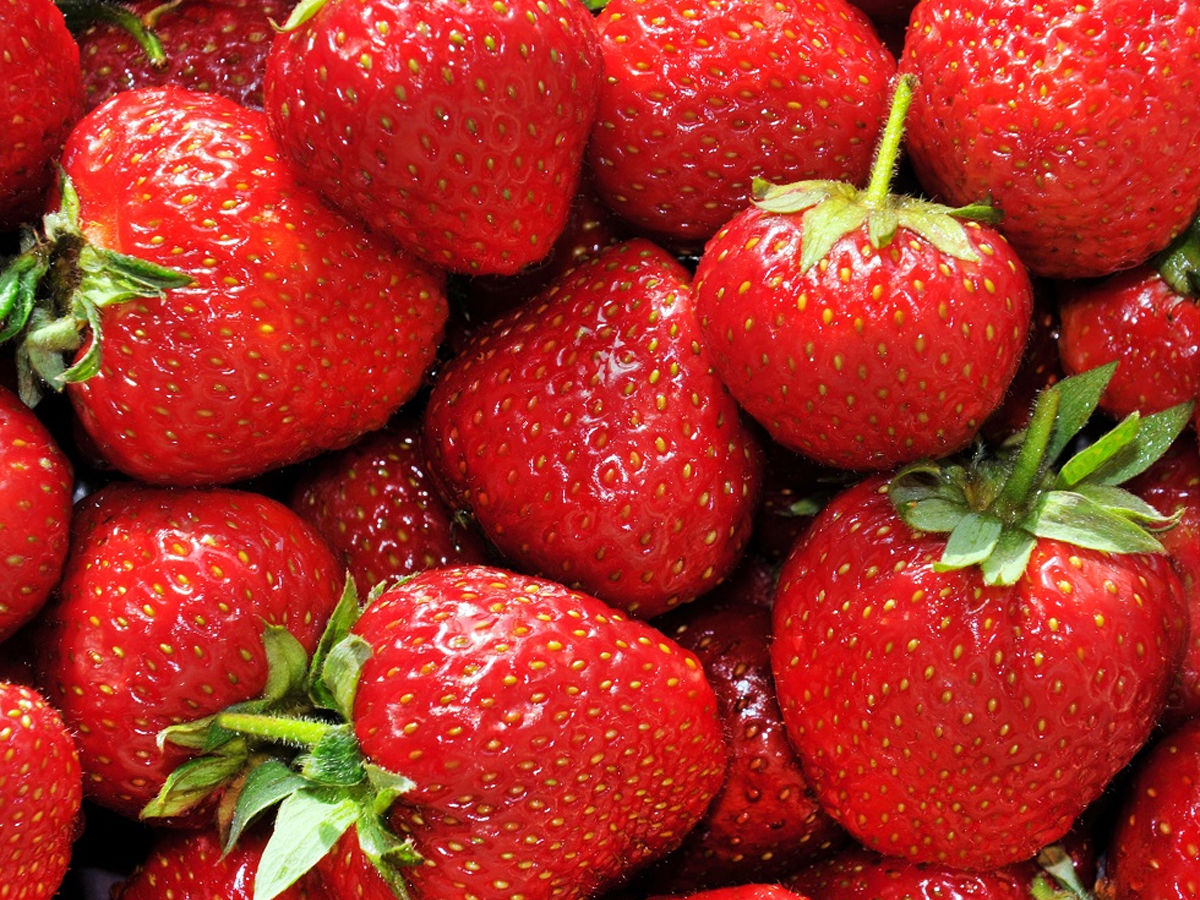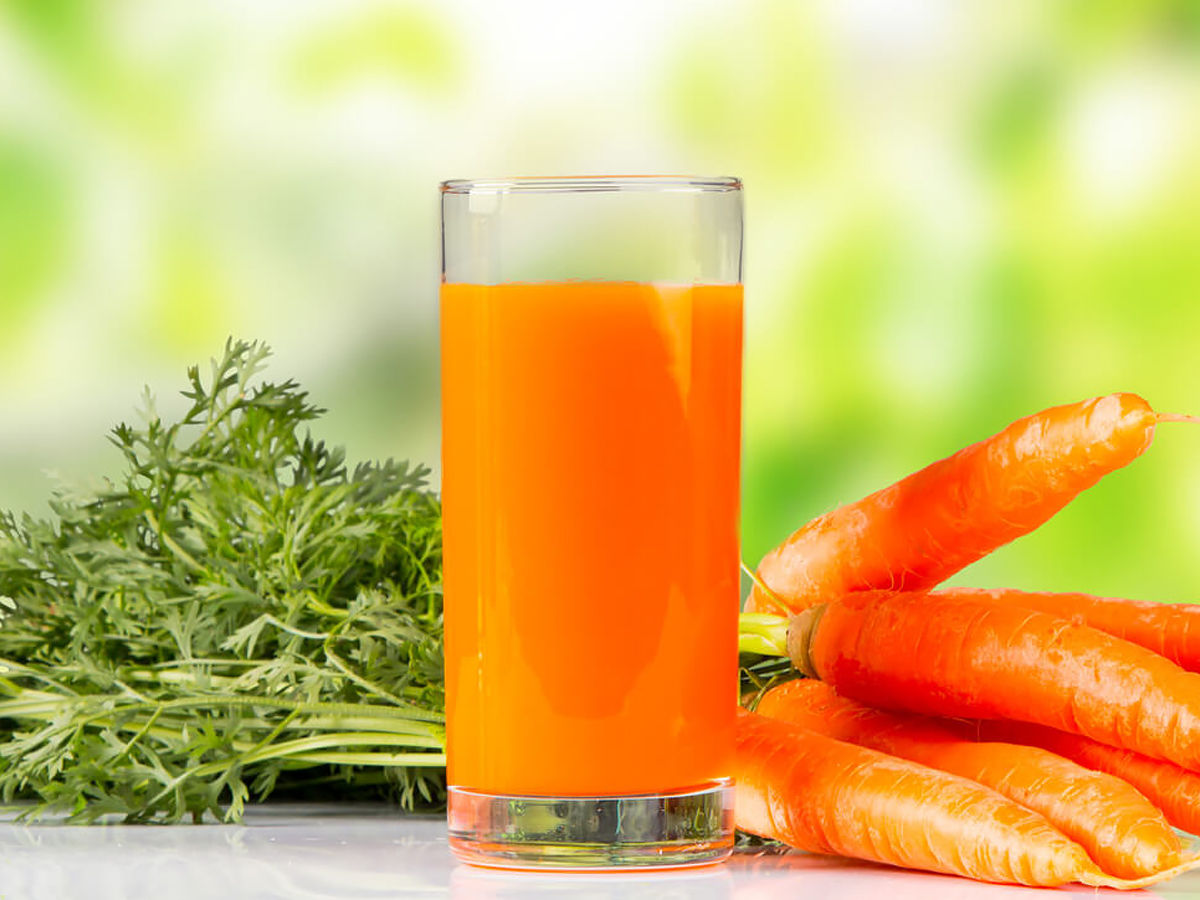Your daily diet should have Fiber rich Foods, for a better stomach
Fiber is a vital part of the nutrient chart. It aids the digestion process, weight loss and controls the fluctuations in blood sugar levels. Fiber also plays a key role in helping the body fight problems like constipation. Apart from this, there are several other benefits of fiber that make it a very essential part of the nutrient chart. According to a study, a healthy human should consume 14 grams of fiber per 1000 grams of calories. Let’s look at it concerning the daily intake of calories. Women need to consume nearly 24 grams of fiber, whereas men must consume nearly 38 grams of fiber.
Several studies have shown that fiber consumption in healthy adults is generally less than the prescribed limit. This includes people from developed countries such as the United States. We can say that fiber is one of the aspects of nutrition that is ignored very easily.
So what is fiber? In simple terms, it accompanies the carbs inside the body that are generally hard to digest. It is not used by the body as a source of energy. Fiber is generally used for other tasks like digestion. However, this doesn’t make their role less important.
Certain signs become visible when you don’t get enough fiber daily. If your fiber intake is not according to the prescribed limit:
- You may feel bloated constantly
- Unhealthy Weight Gain
- Feeling Constipated or Problems indigestion
- Lack of energy: You may feel drained
- Urge to eat sweet dishes
Now How Much are you consuming? If not enough, try consuming these Fiber Rich Foods, that we assure you will not hate
Here’s a list:
Apples:

We don’t need to mention the health benefits of apples. The super fruit has numerous health benefits that help us in keeping the “doctor away.” Apart from all the vitamins and essential nutrients, apples are also a good and natural source of fiber. Apples have 2.4-gram fiber content per 100 gram. The low-calorie fruits also have rich amounts of protein, carbs, and natural sugar. It also helps you in fighting problems like dehydration.
Strawberries:

Another delicious fruit on the list. Strawberry is also a great source of fiber. One of the most nutritional fruits, Strawberries, has 2 grams of fiber per 100 gram. Apart from fiber, Strawberries have rich amounts of Vitamin C, manganese, and antioxidants. Strawberries not only help you get fibers but also strengthen your immune system. You can consume them as it is or with a cup of yogurt.
Pears:
Pears is another great fruit that is known for their high nutritional value. With over 3 grams of fiber per 100 grams, it is one of the best options to help you fulfill the daily fiber requirement. The highly nutritious fruit has rich amounts of carbs, proteins, Vitamin C, Vitamin K, and Potassium. It is a high-calorie fruit that gives you a feeling of fulfillment.
Also Read, 7 Carbohydrate Rich Foods, Power Packed with Energy
Avocado:

The nutritional importance of Avocado is next to none. It has 6.7 grams of fiber content per 100 grams, but it is not the only nutrient that you get from avocado. Avocados also have rich amounts of healthy fats, carbs, Vitamin C, potassium, manganese, Vitamin E and B vitamins. They are also the go-to snack for athletes as they help in building healthy muscle mass.
Raspberries:
The content of fiber in raspberries is as high as 6.5 grams per 100 gram. They also have rich amounts of Vitamin C and manganese that make them great immunity boosters. They also have rich amounts of carbs, vitamin K and other important minerals. It is one of the best fruits to consume as a heavy breakfast or evening snack.
Bananas:

Banana is one of the most common fruits you can find at very low prices in any part of the world. A banana contains 2.6 to 3 grams of fiber per 100 gram. They also have ample amounts of Vitamin C, Vitamin B6, and potassium. Unripe bananas also contain resistant starch that can work like fiber.
Broccoli:

One of the most nutritious vegetables on the planet, Broccoli is loaded with essential nutrients. With 2.6 grams of fiber per 100 grams, it is a good source of fiber that you can consume daily. Apart from this, Broccoli also has rich amounts of Vitamin C, Vitamin K, Potassium, folate, B Vitamins, Iron, and Manganese. They also have rich amounts of antioxidants that boost the immune system.
Carrots:

We don’t need to write much about the nutritional value of carrots as a lot has already been written. The crunchy root vegetable contains nearly 3 grams of fiber per 100 gram. The veggie is also a good source of important nutrients like Vitamin K, Vitamin B6, Magnesium, and antioxidants.

























